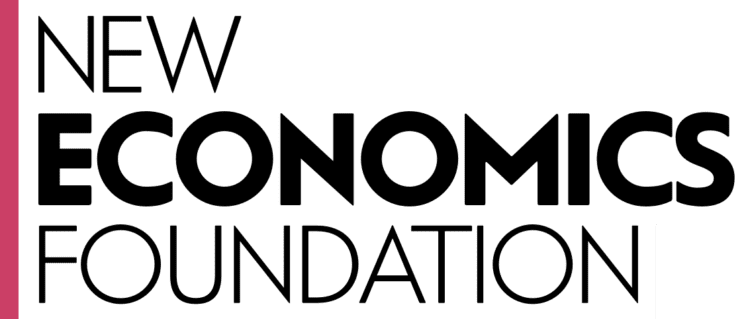![]() Recently NEF Consulting had the opportunity to work with one of the most exciting pieces of progressive legislation in the UK in recent years. The United Nations responded to the Well-being of Future Generations (Wales) Act by saying “We hope that what Wales is doing today the world will do tomorrow.”
Recently NEF Consulting had the opportunity to work with one of the most exciting pieces of progressive legislation in the UK in recent years. The United Nations responded to the Well-being of Future Generations (Wales) Act by saying “We hope that what Wales is doing today the world will do tomorrow.”
The Act is quite remarkable in its scope, demanding that public bodies embed sustainable development to improve the economic, environmental, social and cultural wellbeing of people in Wales. With that massive opportunity comes a massive challenge: the more scope you have to innovate, the harder it becomes to implement. Where do you even begin?
NEF Consulting worked with the Office of the Future Generations Commissioner whose job it is to be the guardian of future generations, to support public bodies and hold them to account in implementing the Act. The aim of this work was to design a framework to help public bodies use the legislation to develop new infrastructure projects that match the Act’s radical vision for Wales. These projects could be anything from transport to energy to sewage systems and waste.
Finding and asking the right questions
Choice architecture matters: give people too much structure and a tick-box exercise and you’ll get a tick-box back; equally, where outcomes are framed too broadly they become increasingly difficult to deliver. In that great (and infuriating) adage: ask a stupid question, get a stupid answer.
At present, the tools available for answering questions about the environmental impact of infrastructure projects are limited: they are compliance-based and reactive, assuming that environmental damage is inevitable and therefore the focus is on mitigation, rather than imagining projects that could actively enhance biodiversity and the environment.
“We wanted to bring the intentions of the Act into a tool … that’s both as radical as the Act but also applicable and actionable.”
We wanted to bring the intentions of the Act into a framework that helps people think about sustainability and the wellbeing of future generations in a way that’s both as radical as the Act but also applicable and actionable. One key element of the Act demands a “globally responsible” Wales which “supports global wellbeing through sustainable consumption of resources, reduced greenhouse gas emissions, and contributing to global knowledge on sustainability good practice”.
A framework with future generations at its heart
The framework approached this goal on two levels, demanding that projects are conceived both in terms of how they fit a strategic vision (what it means for the system it simultaneously sits within and shapes), and the design of the project (how you action it). For example, when designing a project you should be thinking about sustainable procurement. But this thinking is too limited. It’s important to question the premise of the project in terms of overall consumption of finite resources – is this project important enough to justify its use of resources, even if more sustainable procurement decisions are made?
We piloted the framework with the proposed extension to the M4 around Newport, in south east Wales. In the few places where the ‘Well-being Goals’ were addressed in project design, strategic thinking was lacking. The framework helped us pick this apart, and consider and assess the extent to which the Act was reflected, or not, in strategic thinking and to find out if the bigger picture was adequately considered.
We wanted to unlock the joined-up, holistic, and systemic thinking the Act aims at, encouraging creative approaches to areas of sustainability and wellbeing. Any public investment will have environmental, social and even cultural impacts, even if the project isn’t about ‘the environment’ or communities. Understanding this offers a different base from which to think about sustainability, and offers new possibilities for change. However, translating this promise into practice requires tools and frameworks which question and move beyond business-as-usual approaches, and guide decision-makers differently.
Challenging ‘business as usual’
The Act requires public bodies to do exactly this – to challenge business as usual, and to make better decisions that do improve the economic, social, environmental and cultural wellbeing of people in Wales now and also in the future. To enable decision-making that is holistic in this way, we need to develop frameworks to facilitate movement between detail and concept, and back again.
